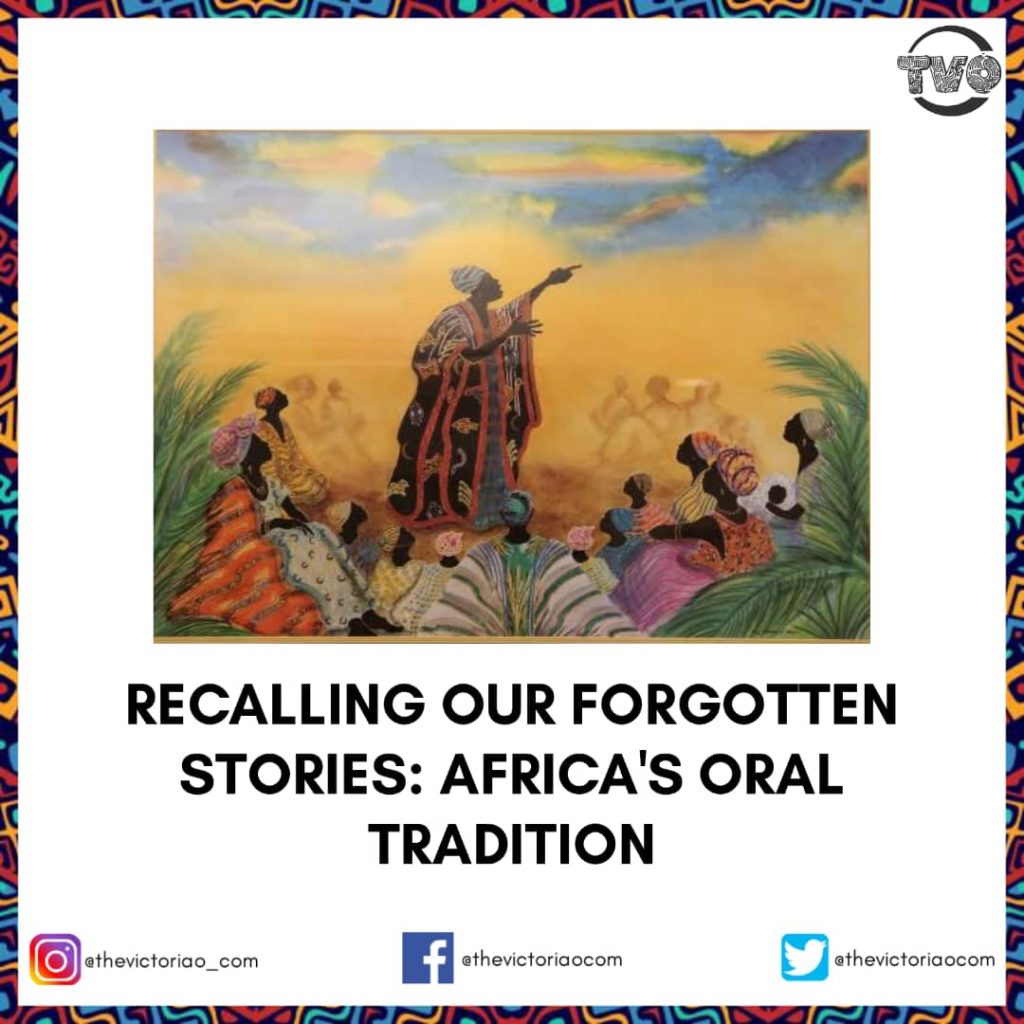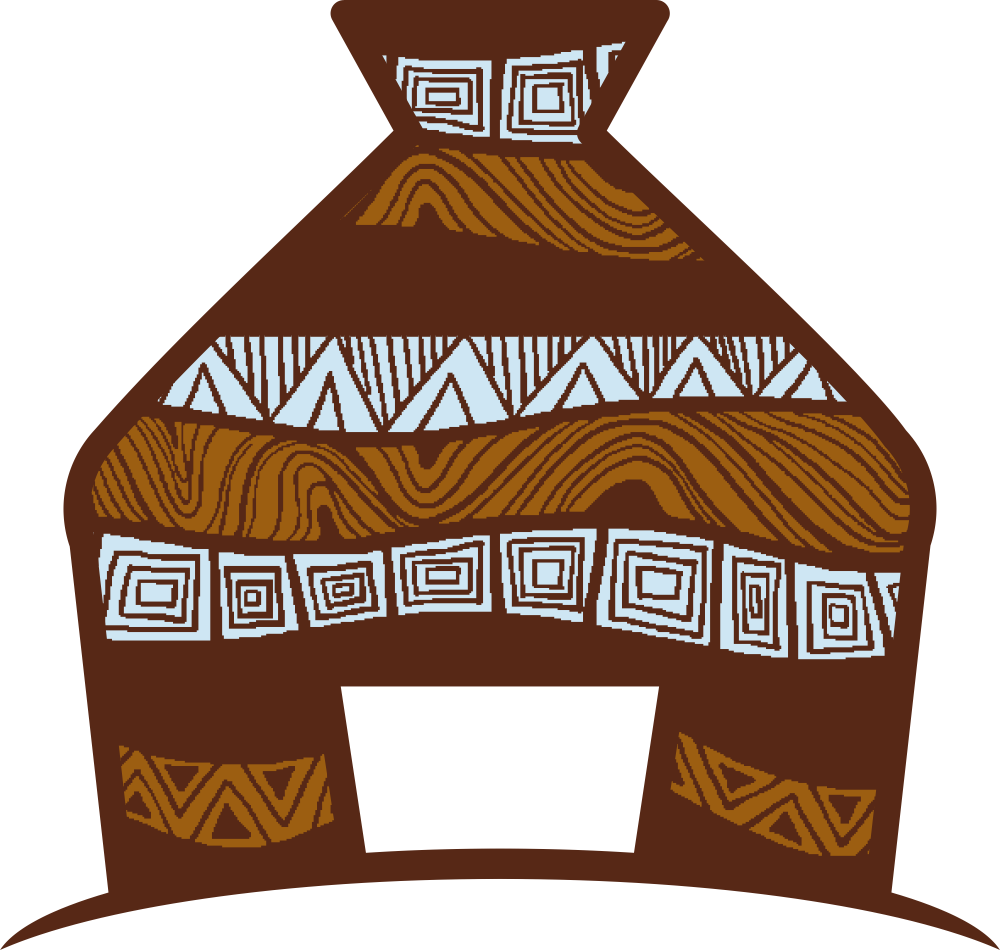by Damola Oluwemimo

Oral tradition, or oral lore, is a form of human communication wherein knowledge, art, ideas, and cultural material is received, preserved, and transmitted orally from one generation to another. This is done mainly through speeches or songs that include folktales, ballads, chants/praises, prose, and even verses. This made it possible for a society to transfer oral history, literature even law, and all other forms of knowledge from one generation to another without using a writing system. Some religions use oral traditions in parallel to the writing systems to transfer canonical of scriptures, rituals, and hymns from one generation to another.
All oral traditions are information, memories, and even knowledge held over time by a group of people and passed from one generation to another. This is not the same as testimony or oral history. Oral traditions in general are just the remembering and transferring of our cultural knowledge through words, utterances, or even sounds. Oral traditions as a study also differ from the academic discipline of oral history in that it is simply different from what is been studied in schools as oral history.
Africa on its own possesses some written and even unwritten traditions. But the written ones are the only well-known ones while the unwritten ones remain unknown. Also, the unwritten traditions do not always fit into known categories of literate cultures. Maybe because some are hard to record and even present and are easier to overlook than written ones.
Serious literary works, for example, fantasy characters are most often derived from oral traditions. Few examples include; the fool in Sheik Hamidou Kane’s Ambiguous Adventure (1961), Nedjma in Kateb Yacine’s Nedjma (1956), Michael K in J.M Coetzee’s Life and Times of Michael K (1983) to mention but a few. All these ambiguous charismatic shapers have connections to the essence of history they are trying to portray and they move in a relationship with real-life characters. Relationships make the heroes become part of history.
Oral literature is also dependent on a performer who describes a specific occasion or a time in history using words or even songs, otherwise it won’t be revealed as a work of literature. But in the case of written literature, a literary work usually exists independently In a single copy so there is always a distant difference between the actual creation and its recreation and transmission.
In literature, the connection between the existence and connection are extremely important and very intimate. Let us note that without oral rededication and rendition by a performer unwritten literary pieces cannot continue or even exist at all. This means all unwritten oral traditions would cease to exist if it is not continued to be performed.
Read also: proper communication in prose
The significance of the performance oral literature of traditions goes beyond its definition because the nature of the performer can so much influence and contribute to the impact of the literature being performed. Also, the delivery of the oral literature depends on how the unwritten form of literature is enjoyed and even remembered over time. Also, the speaker/ performer’s gestures, expressions, and mimicry matters because they help in manipulating the audience’s sense of humor to be either amazed, shocked, moved, or even enthralled at the appropriate moment especially when played or performed by a skilled performer.
Some examples of oral traditions in Nigeria and in Africa at large include, various masquerade festivals, bride dirges ( known as ekun iyawo in Yoruba land), moonlight stories, plays and games that involve songs, traditional poetry (known as ewi in Nigeria), traditional praises and so on.
Basically, oral traditions/ literature has always been part of the mainstream literature but has been forgotten because of civilization. To improve the quality and quantity of African oral literature in modern literature, African oral literature should be taught to students as early as primary school, so as to build their interest and love for African literature. Also, awareness should be made on African oral literature. We can also encourage students to act or perform this traditional literature so that they feel the vibes. For writers, Africa’s oral literature can also be incorporated into their works so they will not be forgotten. It will also help to tell our forgotten African stories, our tradition.

